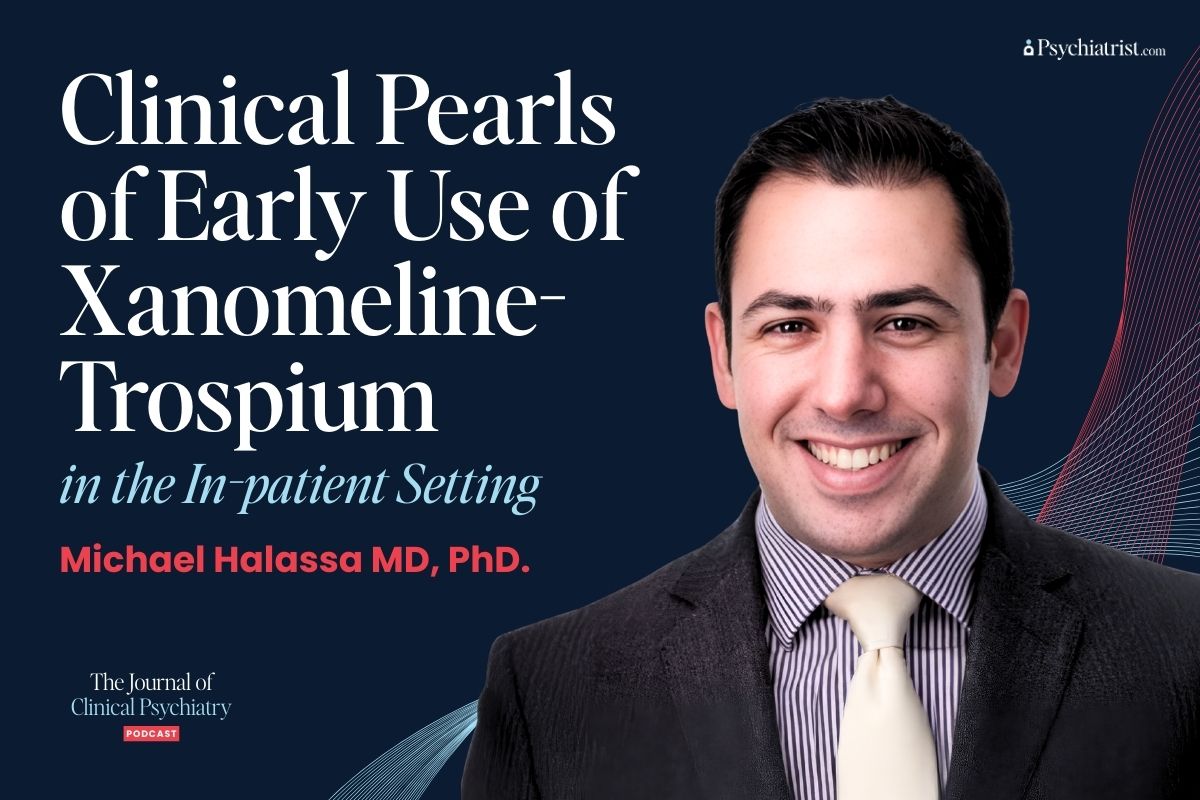Abstract
Objective: Second-generation antipsychotic (SGA)-induced weight gain (AIWG) is a major factor contributing to SGA nonadherence. The aim of the study was to evaluate the effect of concurrent metformin treatment on SGA adherence and persistence.
Methods: A retrospective cohort study using MarketScan Commercial and Medicaid claims data included nondiabetic adults (≥18 years) with ≥30 days of overlapping prescriptions for SGAs and metformin. SGA-metformin concurrent users were 1:4 matched to SGA-only users and followed for 180 and 365 days to assess SGA adherence using proportion of days covered (PDC) and persistence (days until a 60-day gap). Additionally, concurrent users were classified into early (<30 days) and delayed (≥30 days) initiators based on the duration between SGA and metformin initiation. The differences between study groups were adjusted by propensity score using inverse probability of treatment weights (IPTW).
Results: In commercially insured patients, 575 concurrent users were matched to 2,300 SGA-only users, whereas Medicaid had 972 concurrent users matched to 3,888 SGA-only users. During the 180-day follow-up period, concurrent users demonstrated higher PDC and persistence to SGA than SGA-only users (PDC: commercial: 80.9% vs. 67.61%; Medicaid: 78.41% vs 68.27%; persistence: commercial: 139.0 vs 106.4 days; Medicaid: 149.1 vs 115.7 days). After IPTW adjustment, the differences in PDC between the study groups were 11.79% (commercial) and 9.64% (Medicaid), with corresponding differences in persistence of 32.14 (commercial) and 33.78 (Medicaid) days. The findings for the early and delayed initiators and the 365-day follow-up period were consistent with the main analysis.
Conclusion: The concurrent use of metformin with SGA drugs was associated with improved adherence and persistence to SGAs at both 180-and 365-day follow-up periods in adults with Medicaid and commercial insurance. Additionally, the observed improvement in SGA adherence among both early and delayed metformin initiators supports the effectiveness of metformin in enhancing adherence, whether used on a preventive basis or as a treatment for AIWG.
J Clin Psychiatry 2026;87(1):25m15808
Author affiliations are listed at the end of this article.
Members Only Content
This full article is available exclusively to Professional tier members. Subscribe now to unlock the HTML version and gain unlimited access to our entire library plus all PDFs. If you're already a subscriber, please log in below to continue reading.
References (25)

- Davis JM, Chen N, Glick ID. A meta-analysis of the efficacy of second-generation antipsychotics. Arch Gen Psychiatry. 2003;60(6):553–564. PubMed CrossRef
- Leucht S, Cipriani A, Spineli L, et al. Comparative efficacy and tolerability of 15 antipsychotic drugs in schizophrenia: a multiple-treatments meta-analysis. Lancet. 2013;382(9896):951–962. PubMed CrossRef
- Aringhieri S, Carli M, Kolachalam S, et al. Molecular targets of atypical antipsychotics: from mechanism of action to clinical differences. Pharmacol Ther. 2018;192:20–41. PubMed CrossRef
- McIntyre RS, Kwan AT, Rosenblat JD, et al. Psychotropic drug–related weight gain and its treatment. Am J Psychiatry. 2024;181(1):26–38. PubMed CrossRef
- Spertus J, Horvitz-Lennon M, Abing H, et al. Risk of weight gain for specific antipsychotic drugs: a meta-analysis. npj Schizophr. 2018;4(1):12. PubMed CrossRef
- Weiden PJ, Mackell JA, McDonnell DD. Obesity as a risk factor for antipsychotic noncompliance. Schizophr Res. 2004;66(1):51–57. PubMed CrossRef
- Baldessarini RJ, Perry R, Pike J. Factors associated with treatment nonadherence among US bipolar disorder patients. Hum Psychopharmacol. 2008;23(2):95–105. PubMed CrossRef
- ElSayed NA, Aleppo G, Aroda VR, et al. 6. Glycemic targets: standards of care in diabetes—2023. Diabetes Care. 2023;46(Suppl 1):S97–S110. PubMed CrossRef
- Maruthur NM, Tseng E, Hutfless S, et al. Diabetes medications as monotherapy or metformin-based combination therapy for type 2 diabetes: a systematic review and meta-analysis. Ann Intern Med. 2016;164(11):740–751. PubMed CrossRef
- Diabetes Prevention Program Research Group. Long-term safety, tolerability, and weight loss associated with metformin in the diabetes Prevention Program Outcomes Study. Diabetes Care. 2012;35(4):731–737. PubMed CrossRef
- Yu O, Lu M, Lai TK, et al. Metformin co-commencement at time of antipsychotic initiation for attenuation of weight gain: a systematic review and meta-analysis. Ther Adv Psychopharmacol. 2024;14:20451253241255476. PubMed CrossRef
- Agarwal SM, Stogios N, Faulkner GE, et al. Pharmacological interventions for the prevention of antipsychotic-induced weight gain in people with schizophrenia: a Cochrane systematic review and meta-analysis. Schizophr Bull. 2023;49(4):833–835. PubMed CrossRef
- Stogios N, Maksyutynska K, Navagnanavel J, et al. Metformin for the prevention of clozapine-induced weight gain: a retrospective naturalistic cohort study. Acta Psychiatr Scand. 2022;146(3):190–200. PubMed CrossRef
- Zheng W, Zhang QE, Cai DB, et al. Combination of metformin and lifestyle intervention for antipsychotic-related weight gain: a meta-analysis of randomized controlled trials. Pharmacopsychiatry. 2019;52(1):24–31. PubMed CrossRef
- Agarwal SM, Stogios N, Ahsan ZA, et al. Pharmacological interventions for prevention of weight gain in people with schizophrenia. Cochrane Database Syst Rev. 2022;10(10). PubMed CrossRef
- New guidance recommends metformin to prevent antipsychotic weight gain. Medscape. 2024. Accessed January 19, 2025. https://www.medscape.com/viewarticle/new-guidance-recommends-metformin-prevent-antipsychotic-2024a1000osf
- Carolan A, Hynes-Ryan C, Agarwal SM, et al. Metformin for the prevention of antipsychotic-induced weight gain: guideline development and consensus validation. Schizophr Bull. 2024:sbae205.
- Desai RJ, Mahesri M, Abdia Y, et al. Association of osteoporosis medication use after hip fracture with prevention of subsequent nonvertebral fractures: an instrumental variable analysis. JAMA Netw Open. 2018;1(3):e180826. PubMed CrossRef
- Zhou Z, Rahme E, Abrahamowicz M, et al. Survival bias associated with time-to-treatment initiation in drug effectiveness evaluation: a comparison of methods. Am J Epidemiol. 2005;162(10):1016–1023. PubMed CrossRef
- Shafrin J, Silverstein AR, MacEwan JP, et al. Using information on patient adherence to antipsychotic medication to understand their adherence to other medications. P T. 2019;44(6):350–357. PubMed
- Yaegashi H, Kirino S, Remington G, et al. Adherence to oral antipsychotics measured by electronic adherence monitoring in schizophrenia: a systematic review and meta-analysis. CNS Drugs. 2020;34(6):579–598. PubMed CrossRef
- Semahegn A, Torpey K, Manu A, et al. Psychotropic medication nonadherence and its associated factors among patients with major psychiatric disorders: a systematic review and meta-analysis. Syst Rev. 2020;9:17–18. PubMed CrossRef
- Novick D, Haro JM, Suarez D, et al. Predictors and clinical consequences of nonadherence with antipsychotic medication in the outpatient treatment of schizophrenia. Psychiatry Res. 2010;176(2–3):109–113. PubMed CrossRef
- Weiden PJ, Kozma C, Grogg A, et al. Partial compliance and risk of rehospitalization among California Medicaid patients with schizophrenia. Psychiatr Serv. 2004;55(8):886–891. PubMed CrossRef
- Weiden P, Zygmunt A. Medication noncompliance in schizophrenia. Part I. Assessment. J Pract Psychiatry Behav Health. 1997;3:106–110.






